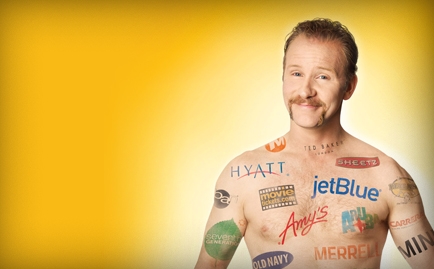"The fact is, race is a constant factor in American life, yet reacting to every incident, real or imagined, is crippling, tiring and ultimately counterproductive. I’d grown up in a family that believed you might not control your circumstances, but you could control your reaction to them. Despite the gross inequities my ancestors faced, there has been progress, and race is today no longer determinative of how far one can go. That said, America is not colorblind and likely will never be. Race is ever present, like a birth defect that you learn to live with but can never cure."
Much to my dismay, I must admit that I agree with former Secretary of State Condoleeza Rice’s take on the issue of race in America. In my view, it’s both sobering and accurate.
It’s sobering to know that within my lifetime, blacks simply wouldn’t have been invited or welcomed in many evangelical churches. And yet, within that same lifetime, our country has elected an African-American president. In between these two realities lie our present struggles with race/ethnicity. No one can sincerely doubt that we’ve made great progress, however, such progress does not mean that America is a colorblind society. Secretary Rice’s analogy, while unpleasant, has a ring of truth to it: In some ways our national issue of race/ethnicity is like a birth defect, something we learn to live with but can’t really cure.
The irony of race in America is that over forty years since the end of legalized Jim Crow in the South and de facto John Crow in the North, we’re still in many ways two peoples living amongst (but not necessarily with) each other, in distrust and some animosity. We rarely talk about race, and when it comes to our collective attention, our society tends to react like two factions, much like the church response to demonic activity. One faction sees it behind every tree and under every rock, while another almost never admits to it.
Unfortunately, the best our culture can seem to do at this point is highlight the issue, wish it were better and then go about our business. Like Ms. Rice, we might admit our problem, but feel somewhat powerless to address it, and thus go on our way hoping that somehow it will correct itself. Sadly, the evangelical church is not much better, and may be worse. For one, we (and I do mean we, for we cannot truly address this issue if we remain in our separate historical camps) have a long and sinful history of disobeying God’s clear commands regarding the treatment of individuals and groups. The fact is that the evangelical church embraced the social gospel of racial discrimination instead of pursuing the biblical message of ethnic unity that springs from the gospel. In so doing we put the temporal and sinful wishes of our tribal group above the clear mandate of scripture. Moreover, rather than taking the lead in this area, we’ve retreated into ideological positions which may reinforce our political beliefs but do little if anything to further the cause of the gospel.
And that’s what this discussion is and should be about. We approach the thorny issue of race not to champion one side or the other, to advance our cause or even to placate our own conscience. No, we do so because our society has proven over and over again that it is lost in this area and, like so many other issues, this is something of which the Scriptures speak—and speak powerfully.
I bring this up now because I’m convinced that race/ethnicity are among those issues with which the church must struggle, such as biblical sexuality, intimacy and politics. As a black pastor in an evangelical denomination that serves a multi-ethnic congregation, I’ve seen how the church’s refusal to deal with race has hindered our collective witness. Moreover, it’s my view that the issue of race/ethnicity could present the church with both our greatest challenge and greatest opportunity in this generation. Either we will retreat into our old worn-out ideological camps, or we will follow the lead of our Lord. We will live up to our calling to be His witnesses, move beyond ‘diversity’ into real unity and reclaim our primary mandate to make active followers of Jesus Christ from souls of all ethnicities.
Pastor Lance Lewis pastors at Christ Liberation Fellowship in Philadelphia, PA.






















